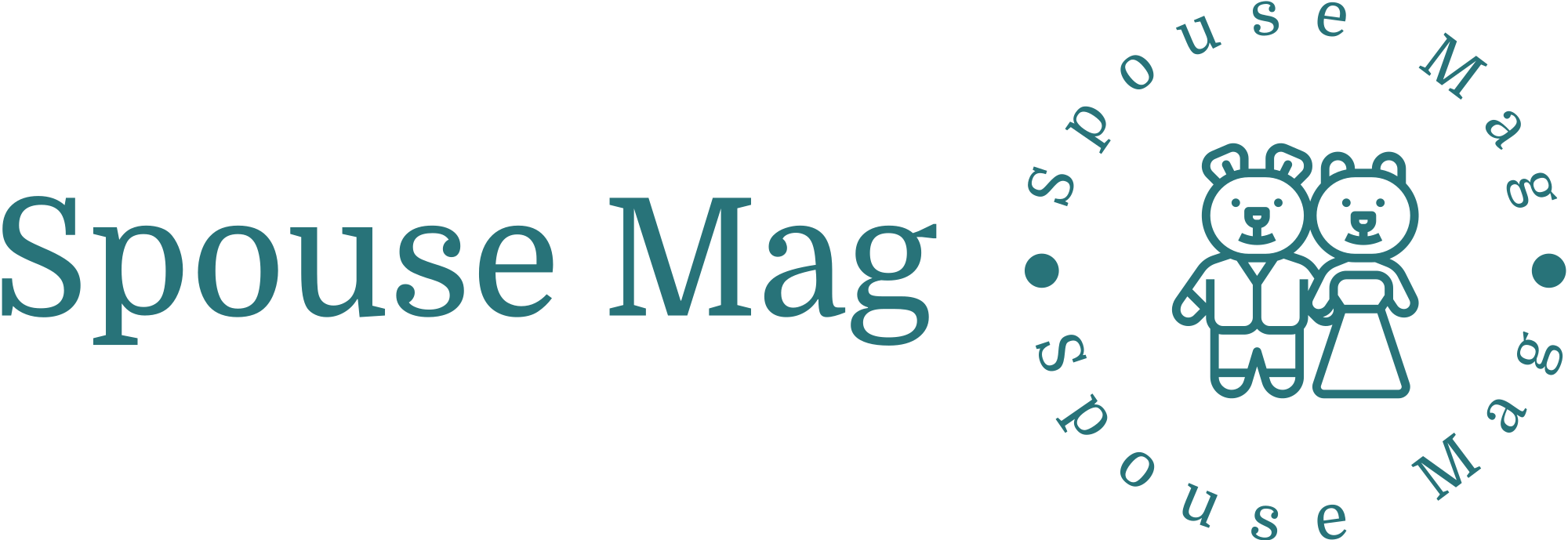
Jessica Fern’s Polysecure offers a comprehensive exploration of the intricate interplay between attachment, trauma, and consensual nonmonogamy (CNM). Fern thoroughly examines the impact of attachment styles on relationship dynamics, the influence of trauma on our ability to trust and connect, and the unique challenges and benefits associated with CNM.
I found Polysecure valuable and insightful exploration of the complexities of human relationships. I particularly appreciated her practical advice on communication, emotional regulation, and building healthy connections.
Attachment Theory
Jessica Fern’s Polysecure provides a clear and engaging exploration of attachment theory, which is all about how we connect with others. The book breaks down the four main attachment styles:
- Secure
- Anxious
- Avoidant
- Disorganized
She emphasizes how each style impacts our relationships and interactions. For instance, Fern notes, “Securely attached individuals typically feel comfortable with intimacy and independence,” which makes them more adaptable in a Consensual Nonmonogamy setting. In contrast, those with an anxious attachment style experience “heightened fears of abandonment and jealousy,” which complicates nonmonogamous arrangements.
Fern’s exploration of Attachment Theory resonated with me deeply. I’ve often observed how individuals with anxious attachment styles struggle with fear of abandonment and rejection in their relationships,
Critique: Overlooked the Complexity of Attachment Styles
While Fern provides a solid overview of the four primary attachment styles, I wished for a more nuanced exploration of individual experiences. People’s attachment styles are complex and multifaceted, and it’s not always easy to fit neatly into one of these categories. I’ve encountered clients who exhibit a mix of attachment styles or whose primary style shifts over time. A more in-depth discussion of these complexities would have been beneficial.
Trauma and Its Impact
Fern also acknowledges the profound impact of trauma on relationships. She explores how past traumas, such as childhood abuse, neglect, and abandonment profoundly affect our attachment styles. These traumas often lead to maladaptive relational patterns triggered in CNM relationships.
For example, someone with a history of trauma reacts with heightened defensiveness and emotional reactivity when faced with perceived threats to their relationship security.
Fern emphasizes the importance of addressing attachment needs and seeking therapeutic support to build healthier relational patterns and emotional resilience. I’ve worked with individuals who carry the weight of past traumas, and I’ve seen how this affects their current relationships. Fern’s advice on addressing and healing from trauma provided practical guidance that I found incredibly useful.
Critique: Overlooked the Specific Ways in Which Trauma Manifests in CNM Relationships
Fern’s discussion of how unresolved trauma leads to disorganized attachment patterns is insightful and thought-provoking. However, she could have explored deeply the specific ways in which trauma manifests in CNM relationships, such as difficulty setting boundaries, avoidance of intimacy, and hypervigilance.

Consensual Nonmonogamy (CNM)
CNM is a growing movement that challenges traditional monogamous relationships. Fern’s exploration of it is comprehensive and informative. She provides a clear overview of different forms of CNM, including polyamory, open relationships, and swinging, and explores the unique challenges and benefits associated with each.
She discusses that CNM offers rich emotional connections but requires meticulous communication and boundary-setting. For instance, polyamory can foster deep connections but may also involve complex emotional negotiations.
I’ve worked with clients who embraced polyamory and faced unique challenges such as managing jealousy and coordinating multiple schedules
Critique: Neglected Challenges of Navigating Difficult Conversations
Fern’s emphasis on open and honest communication is essential for building and maintaining healthy connections. However, she could have delved deeper into the potential challenges of navigating difficult conversations, such as dealing with jealousy, managing expectations, and addressing power imbalances.
Integration of Theory and Practice
Fern offers practical advice for managing CNM relationships, focusing on communication techniques and emotional regulation. She suggests regular check-ins and open dialogue to navigate the complexities of multiple relationships. Her guidance aims to help individuals apply attachment theory in practical settings to foster healthier relationships.
I found Fern’s practical advice, particularly her focus on compassionate communication highly relevant. I often recommend this approach, as it significantly improves relational dynamics and conflict resolution.
Critique: More Specific Strategies Needed for Different CNM Types
While Fern’s practical strategies are valuable, some readers feel that the advice is too generalized. For instance, the book could offer more tailored suggestions for different types of CNM arrangements, as what works for polyamory is not as effective in an open relationship or swinging context.
Community and Support
Fern encourages readers to connect with like-minded individuals who can offer understanding, empathy, and practical advice. The importance of community and support in cultivating healthy CNM relationships cannot be overstated. Fern’s discussion of the role of support networks, online resources, and therapy is insightful and thought-provoking.
I’ve often observed that people new to CNM struggle to find a community of like-minded individuals.
Critique: Overly Idealized View of Community
Some readers find her discussion of community somewhat idealized, as it does not fully address the potential challenges of finding and maintaining supportive relationships.
Why Should You Read Polysecure?
Here are a few reasons why you should consider picking up this book:
- If you’re exploring or considering CNM, Polysecure offers practical advice on navigating the challenges and benefits of these arrangements. Fern provides concrete strategies for communication, emotional regulation, and building trust.
- Polysecure encourages readers to explore their attachment styles and address the impact of trauma. This process leads to significant growth and self-awareness.
- Whether you’re in a monogamous or non-monogamous relationship, the insights from Polysecure can help you build stronger, more fulfilling connections.
- Fern challenges traditional assumptions about relationships and provides a fresh perspective on love, intimacy, and connection.
Readers’ Thoughts About Polysecure
Here are some comments from readers who have shared their thoughts on Polysecure:
Jessica, Los Angeles: “This book was a game-changer for me. It helped me understand my attachment style and how it affects my relationships.”
Tom, Chicago: “As someone exploring CNM, this book has been invaluable. It provides a clear and concise overview of the different types of CNM and offers practical advice for navigating these relationships.”
Mark, Seattle: “I was disappointed with the book’s lack of diversity. It seemed to focus on the experiences of white, Western individuals.”
Rebecca, New York: “While I found the book informative, I wished there were more concrete examples of how people apply these strategies in real life.”
Related Reads
If you enjoyed Polysecure by Jessica Fern, you will also find these books interesting:
- The Ethical Slut by Dossie Easton and Janet W. Hardy
- The Body Keeps the Score by Bessel van der Kolk
- Polyamory and Jealousy by Eve Rickert
Final Word
Jessica Fern’s Polysecure offers a valuable and insightful exploration of the complexities of human relationships. Whether you’re exploring CNM, navigating the complexities of attachment styles, or simply looking to improve your relationships, Polysecure is a book worth considering.
It offers a thought-provoking and informative exploration of these important topics and provides valuable insights and guidance for your journey.

As a married wife, founder, and editor of SpouseMag.com – these guides are based on my own personal experiences, observations, research and insights. I am transparent about being inspired by the life and work of the two greatest experts in the relationship space – Dr. John and Julia Gottman, and Harville and Helen. They two are some of the strongest couples, researchers, authors, and counselors when it comes to marriage and relationships. My advice and guides are based on my insights and research, and they are not an alternative to professional advice.




